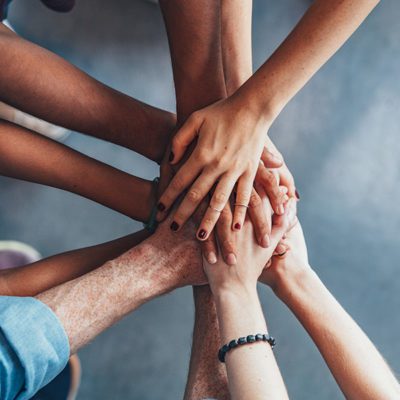Description
Trauma as a result of distressing experiences has the ability to transcend through generations of a family, continuing to affect each new generation. Second generation offenders are often individuals who had, or have, a parent or caretaker who has also been incarcerated. When people talk about their trauma it has the capacity to offer new perspective, self-awareness, and liberty from unspoken events. Helping families to reduce their stress through meaningful discussion is critical. As Rebecca Solnit stated, “A free person tells their story.” It will take into consideration that trauma often leads people to question relationships with those closest to them including themselves.
This training will help participants identify unhelpful patterns, roles and behaviours that thwart the healing process of families that have loved ones who are incarcerated. Emphasis will be placed on CBT’s Cognitive Restructuring (CR), and Narrative therapy techniques for use with families, including therapeutic stories that deepen, explore and process a thorough sense of self. Strategies to engage families will be outlined, as well as activities for use in a family session. These evidence-based approaches will incorporate supportive emotional mindfulness and self-regulating techniques.
This training will attempt to minimize the oppression faced by various groups whose stories are often silenced. By redefining whose voices are heard we offer a much more inclusive picture of reality. The voices of family members are often misunderstood and limited.
Learning Outcomes
- Understand how effective communication is impaired within the family system following the incarceration of a loved one.
- Understand the importance of family focused work as a key to interrupting the cycle of crime.
- Learn therapeutic interventions based on Narrative Therapy stories that are interwoven into the lives of other family members.
- Examine how healing circles can support families that are constantly stressed and the impact of the stress on the nervous system.
- Consider how the impact of systemic oppression and racism informs the healing process of racialized families.
Who Should Attend
This course is suitable for individuals working with families who are impacted by incarceration and those who might be indirectly working with children or youth who might be struggling with feelings around this issue and grief and loss of a parent. This may include mental health professionals, social workers, clinicians and those that work in youth justice, criminal justice and corrections, police services, victim services.
Course Date(s) & Format
There are no scheduled dates for this course at this time, however in-service is available.
This is a 6-hour training. This course consists of two 3-hour interactive virtual sessions using Zoom.
Instructors:
Carole Sandy, MEd Counselling, MSc.(A) Couple and Family, R.S.W
Carole is a multi-faceted clinical therapist working with individuals, couples, and families. Through her various counseling services, she assists people in breaking generational hurts, creating new career possibilities and helping people discover their strengths. Carole supports her clients in establishing meaningful connections that build supportive conversations, through self-evaluation while processing difficult emotions through efficient and careful execution. She believes that the client is the expert of their life and her role is to support them as they discover their full potential.
Kyle Carter
Kyle is a highly motivated results-oriented chaplain and community worker with a background in clinical psychology, who has devoted more than 10 years of professional service with “at-risk” youth, adults and families from all ethnic and demographic backgrounds. Using spiritual principals, he initiates partnerships, organizes community events to support and empower community members who are facing systemic oppression.
Training Fee
Group Registration: Save 20% off individual fees with a group registration of 4 or more participants. Download the group registration form HERE.
Continuing Education Information
Licensing boards and professional organizations will grant Continuing Education credits for attendance at their discretion when participants submit the course outline and certificate.
In-Service
This is available as an in-person or virtual in-service training and customized to suit your needs.



